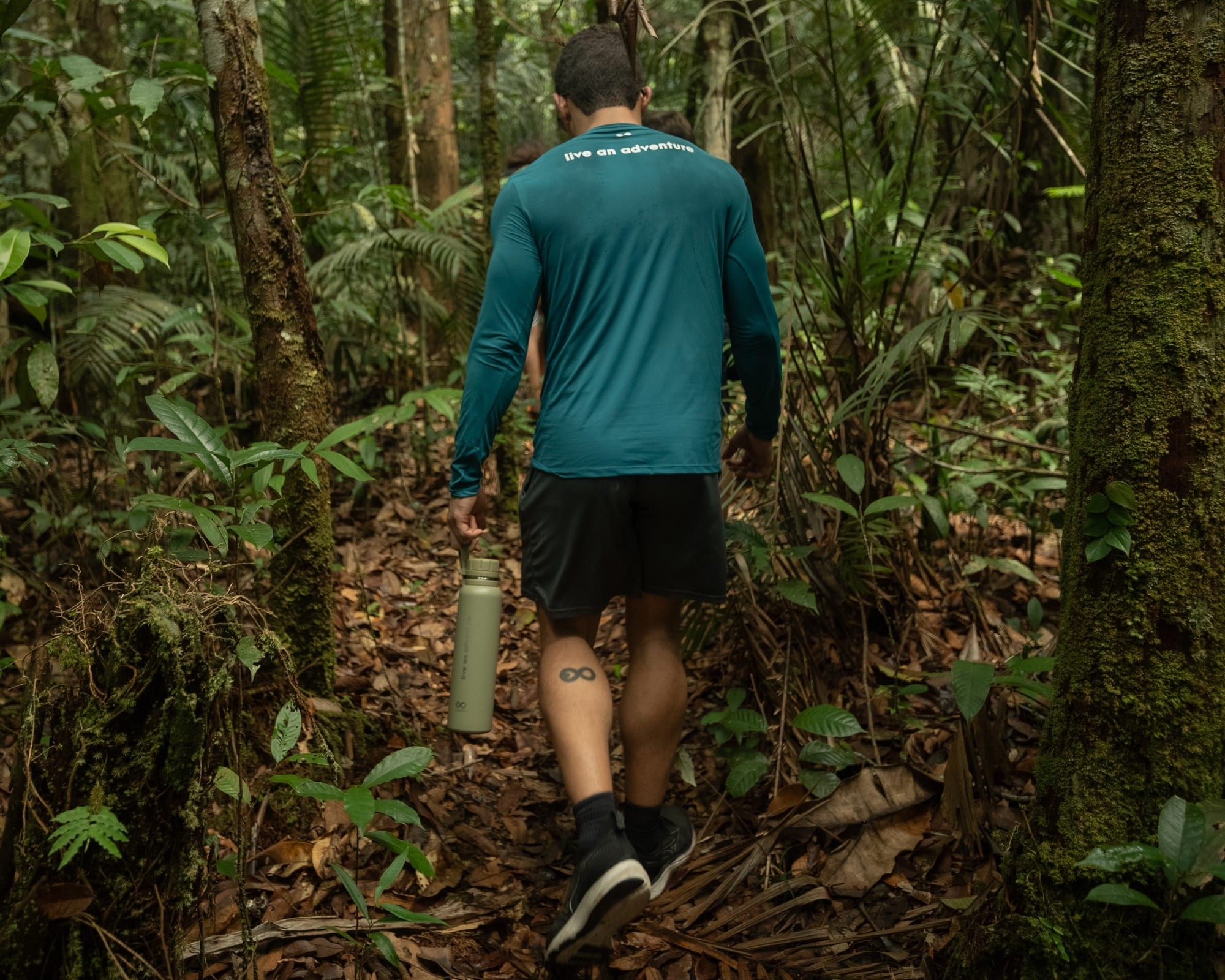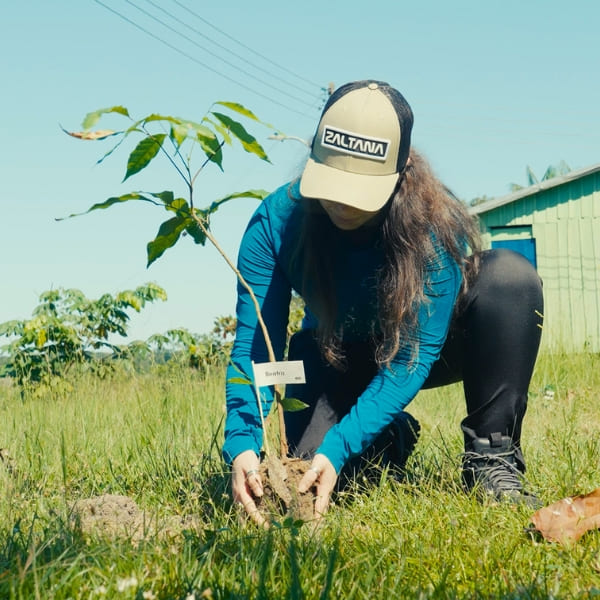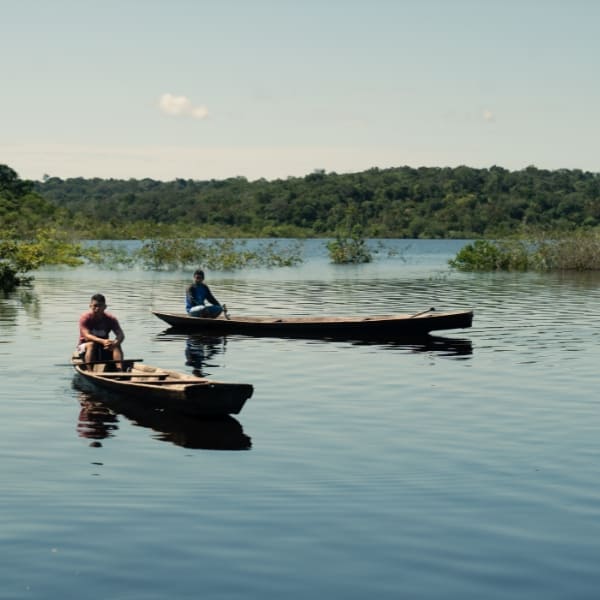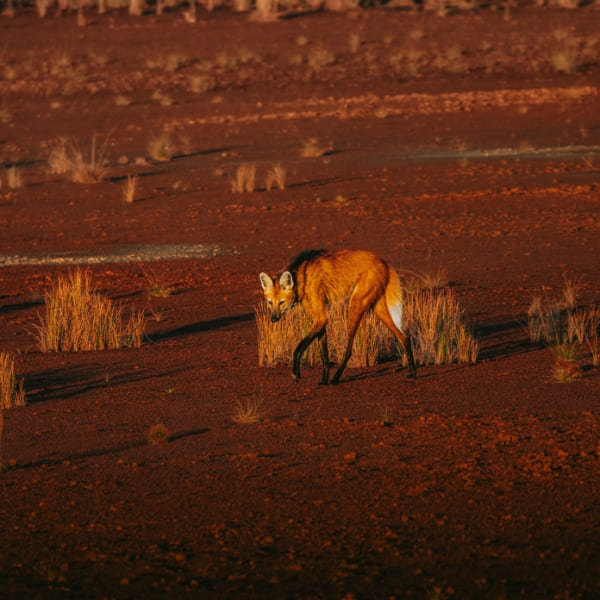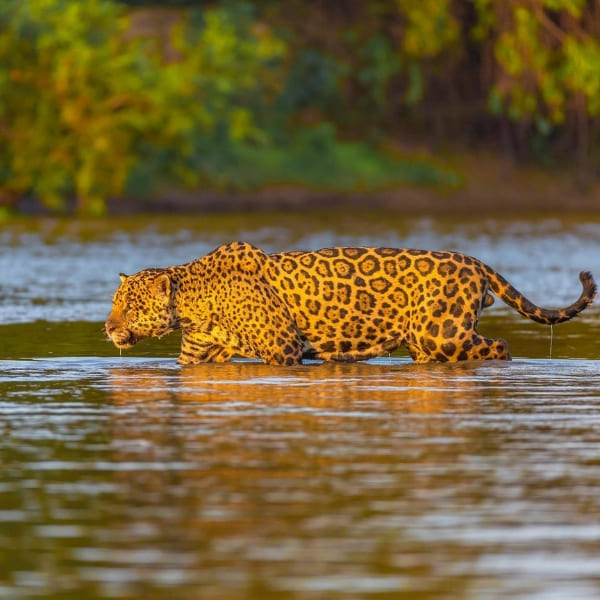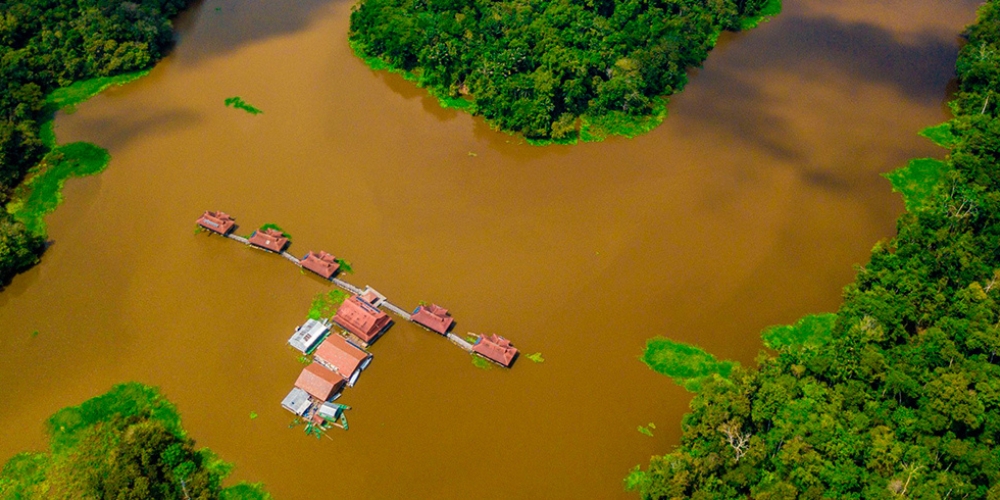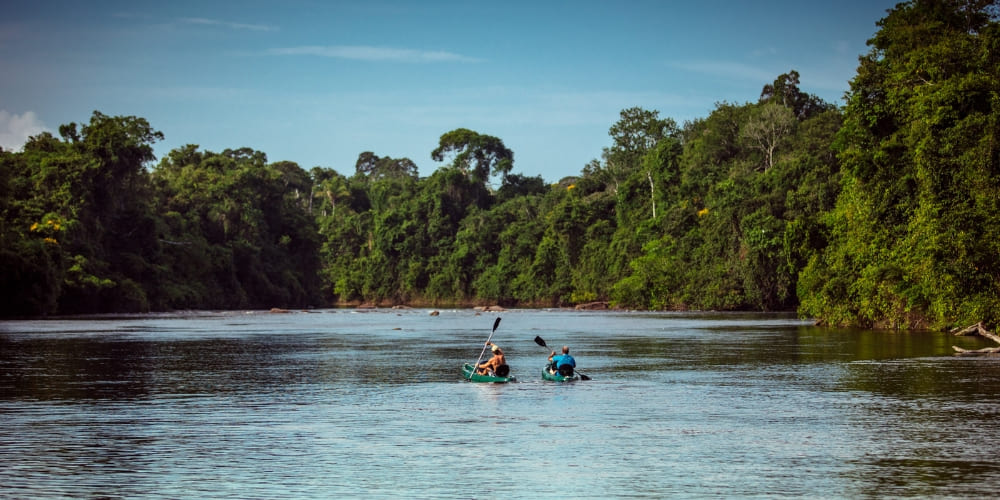Sustainable tourism can be part of the solution to the climate crisis. Learn how ecotourism, especially community-based models, is playing a role in the COP30 agenda.
Taking place from 10 to 21 November 2025 in Belém, Pará, COP30 Brazil is expected to mark a turning point in global climate discussions and in how we think about travel. Beyond negotiations, the event is also a chance to experience nature-based solutions already in motion. Tourism at COP30 Brazil is not a side note: ecotourism is now a key topic, showing how conscious travel can support climate action.
Did you know that tourism accounts for about 8% of global greenhouse gas emissions, mainly due to air travel and large-scale operations? Shocking, isn’t it? Ecotourism, on the other hand, operates on a smaller scale, with less environmental impact and provides local benefits.
We are talking about one of the most practical ways to combat climate change. Sustainable tourism offers tools for both climate adaptation and environmental preservation, not just in Brazil or the Amazon Rainforest, but globally.
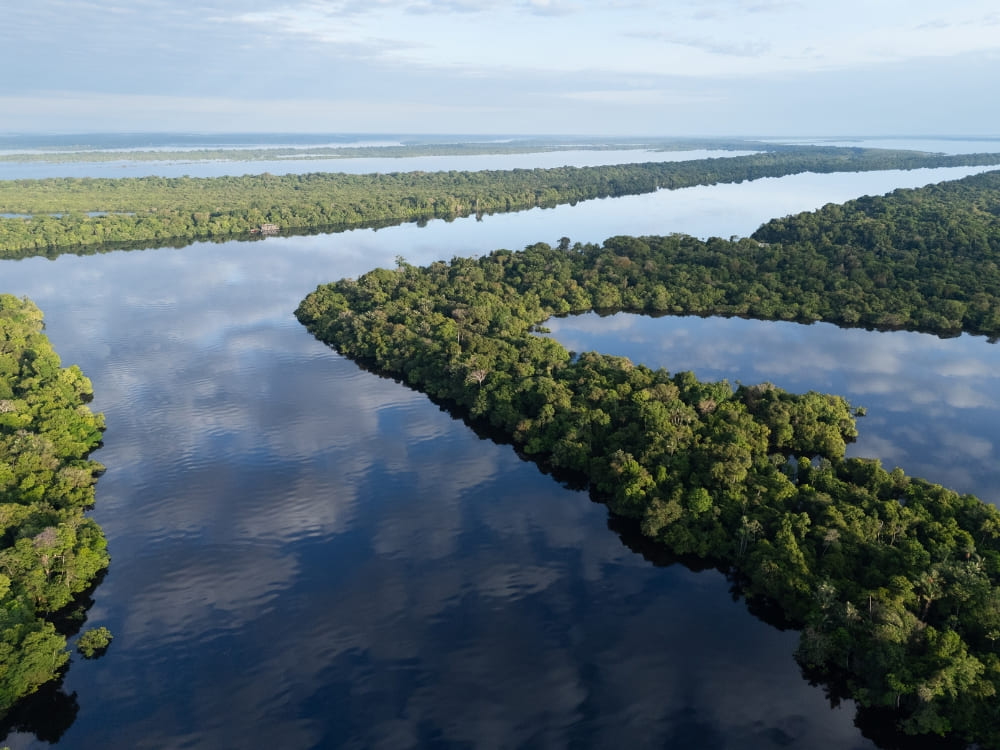
Photo: Marcelo Bonifácio
In this context, PlanetaEXO curates responsible travel experiences in nature, with a strong focus on the Amazon and community-led ecotourism. It’s a real example of how tourism can drive conservation and local development.
If you’re curious about how COP30 Brazil connects with your travel choices, keep reading. Below, we explore how ecotourism fits into the climate agenda and why it matters more than ever.
How Ecotourism Helps Fight Global Warming
Sustainable tourism has gained increasing recognition in the United Nations (UN) climate summits as a viable and scalable solution for both mitigation and adaptation. It doesn’t replace public policy or systemic change, but it does strengthen what experts call nature-based solutions: strategies that combine environmental protection with community well-being.

.
The concept of using tourism as a climate solution has evolved considerably since it was first mentioned in 2005. Over the years, major declarations and reports have helped to formalise the role of tourism in sustainable development and environmental resilience. Take a look at them:
Sustainable Tourism Joins the Climate Agenda
This discussion began formally at COP11 in Montreal, when tourism was officially acknowledged as a relevant sector in the climate agenda. The conference emphasized its role in biodiversity conservation and poverty reduction, stating that: “tourism can support natural resource conservation and provide biodiversity-friendly livelihoods for Indigenous and local communities.”

Photo: Isadora Sá
The Year of Sustainable Tourism for Development
Some years later, in 2017, the UN declared it the International Year of Sustainable Tourism for Development. As a result, tourism was officially linked to the 2030 Agenda for Sustainable Development, with increasing recognition of its role in climate resilience.
The year emphasized how tourism could contribute to 12 of the 17 Sustainable Development Goals (SDGs), especially in areas like inclusive economic growth, sustainable resource use, and cultural preservation. It also called on governments and industry to promote low-impact travel models and strengthen community-led tourism as a tool for sustainable development.
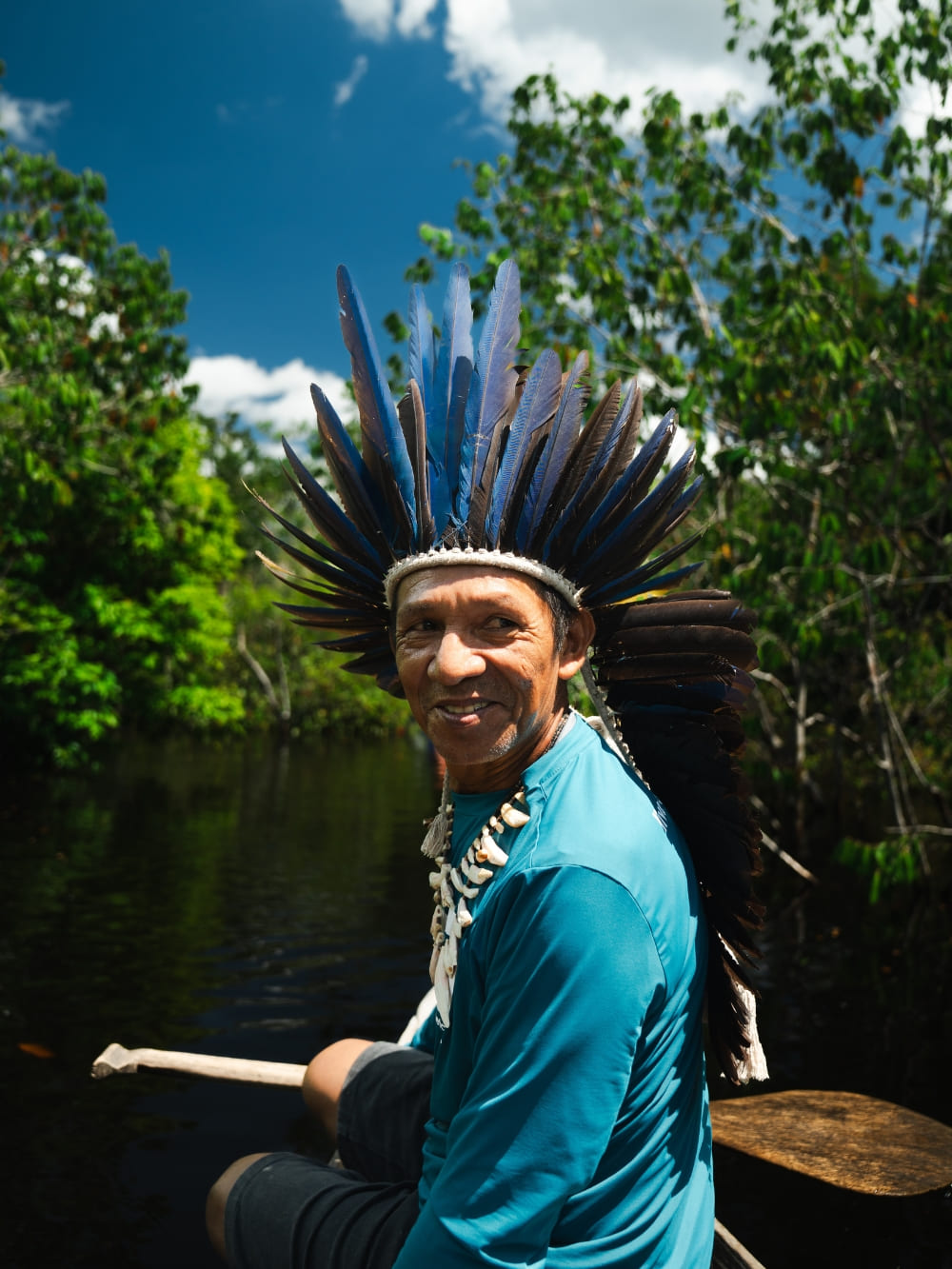
Tourism at COP30 Brazil
Sustainable Tourism pillars
At COP26 in Glasgow (2021), the conversation advanced with the launch of the Glasgow Declaration on Climate Action in Tourism, signed by governments, Non-Governmental Organizations (NGOs), and travel companies. This declaration committed the tourism industry to reach net-zero emissions by 2050, with five main action pillars:
- Measure and reduce carbon emissions from travel and hospitality;
- Regenerate ecosystems through responsible tourism;
- Support local economies and community-led conservation;
- Secure climate financing for sustainable travel initiatives;
- Share transparent progress and best practices.
- Photo: Isadora Sá
- .
As mentioned earlier, most of tourism’s emissions come from air travel, large resorts, and mass-market cruises. This is confirmed by the United Nations World Tourism Organization (UNWTO) report “Transport-related CO₂ Emissions of the Tourism Sector” (2019), which outlines how these segments dominate the sector’s carbon footprint.
Ecotourism, in contrast, operates on a smaller, lower-impact scale, often involving local travel, small-scale infrastructure, and environmentally conscious operations.
In practice, ecotourism contributes to the fight against global warming in five key ways:
- Lowering carbon emissions: It encourages slower, more local travel and reduces reliance on high-emission transportation and infrastructure.
- Protecting carbon sinks: By conserving rainforests, wetlands, and other ecosystems, ecotourism helps preserve the planet’s natural climate regulators.
- Offering sustainable income for local people: It provides alternatives to destructive industries like logging, mining, and industrial agriculture.
- Building resilience: It diversifies local economies and strengthens communities against climate-related disruptions.
- Raising awareness: It fosters education and engagement, allowing travelers to better understand biodiversity, traditional knowledge, and the urgency of climate action.
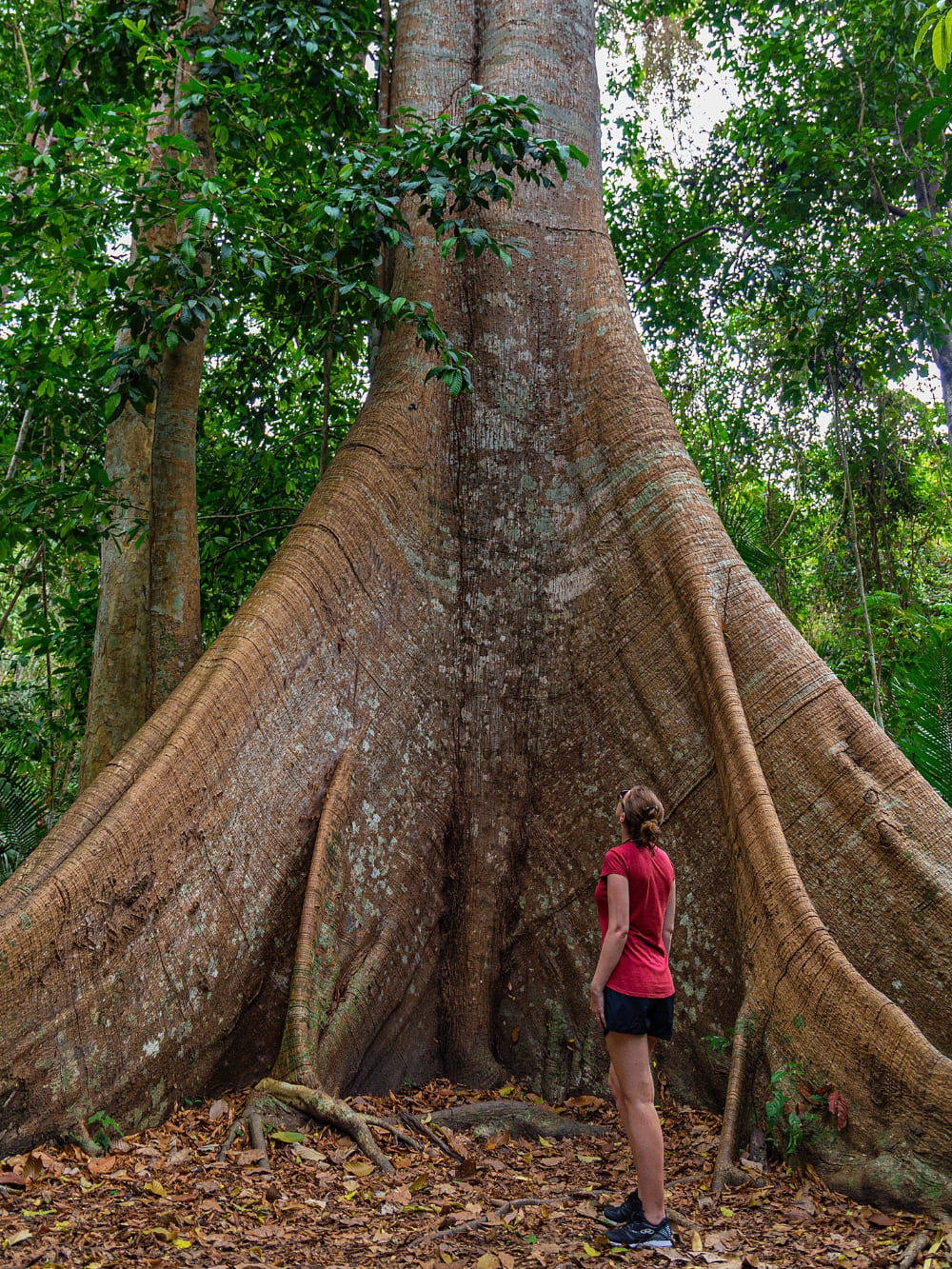
.
Change Has Started, But It Must Go Global
Around the world, sustainable tourism initiatives have already begun to emerge and show positive results. One example comes from the Maya Biosphere Reserve in Guatemala, where former logging areas have been converted into community-managed ecotourism zones, helping to protect vast forest areas while generating income for local residents.
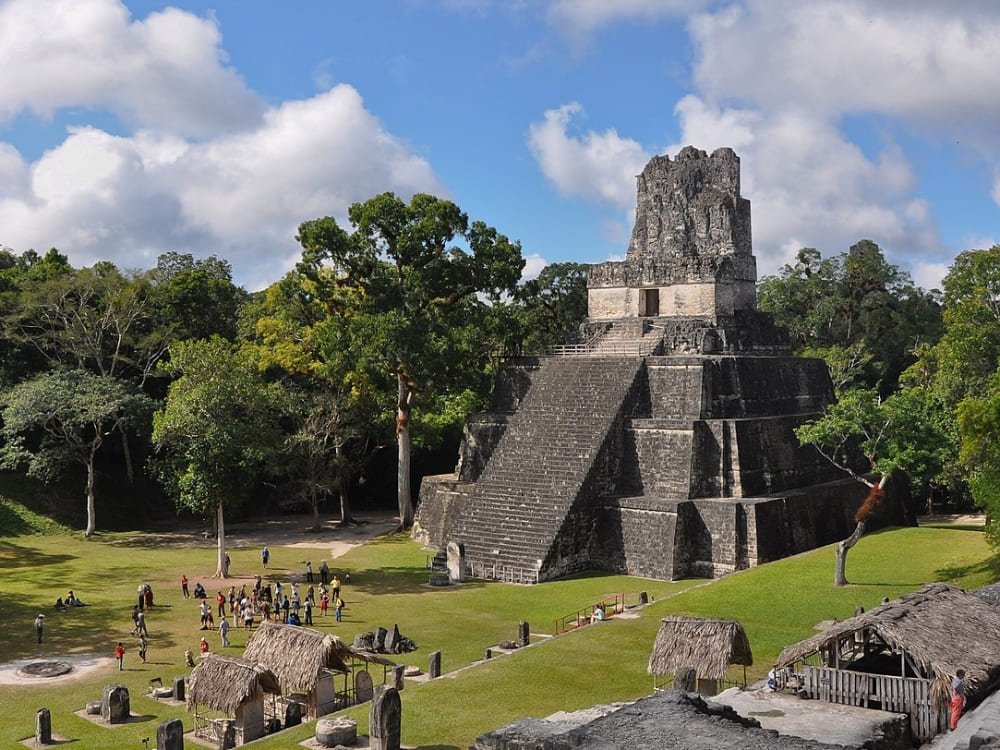
Photo: Mike Vondran
In Brazil, the potential is immense. Destinations like the Amazon Rainforest, Pantanal, and Cerrado are vital for carbon capture and biodiversity, but also face high socio-environmental vulnerability.
Including ecotourism as a tool in Brazil’s Nationally Determined Contributions (NDCs) and climate action plans would provide a measurable impact, a topic that is set to gain relevance during COP30 in Belém.
Now, at COP30 Brazil, the focus is on turning these declarations into action. Ecotourism offers a real-world model already working on the ground: scalable, inclusive, and adaptable.
- .
- @thewildlifejunkie
The Amazon Rainforest at the Center of Climate Change
While ecotourism is a global solution, Brazil (and particularly the Amazon Rainforest) plays a central role in the climate crisis. The forest stretches across nine Brazilian states, including Pará, where it covers more than 60% of the state’s territory. This makes its capital, Belém, a symbolic and strategic host city for COP30.
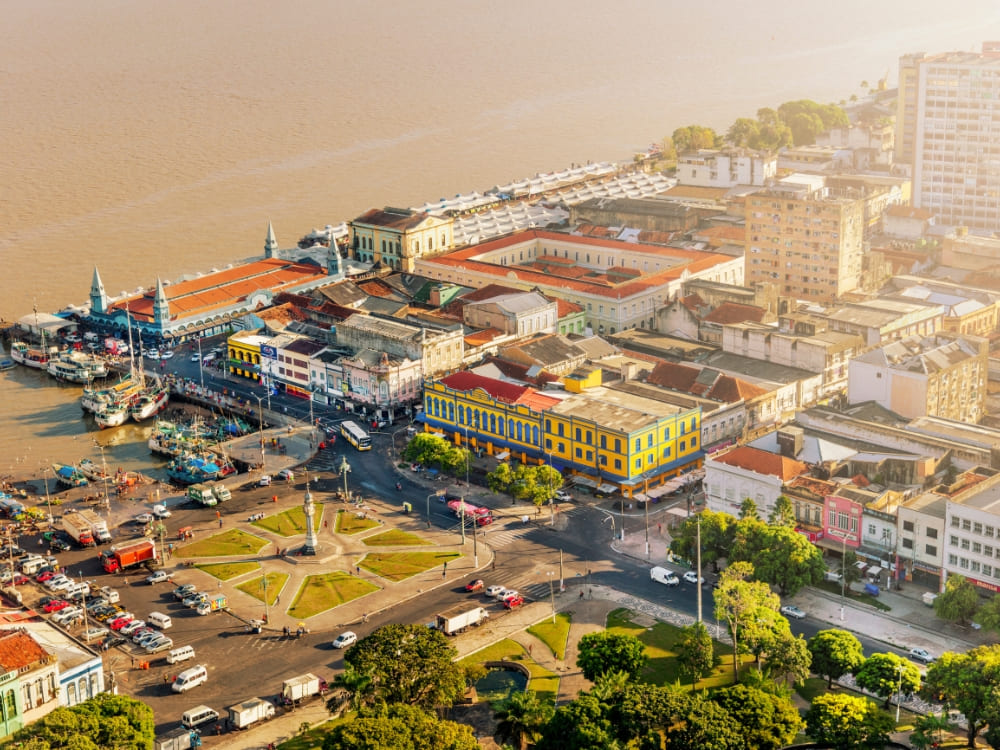
.
The Amazon regulates rainfall across South America, stabilizes global temperatures, and holds more biodiversity than any other ecosystem on the planet. But it’s also under extreme pressure.
In 2023, the Rio Negro in Manaus reached its lowest level in a century, and satellite data from MapBiomas shows that the region lost over 50 million hectares of forest cover between 1985 and 2023.
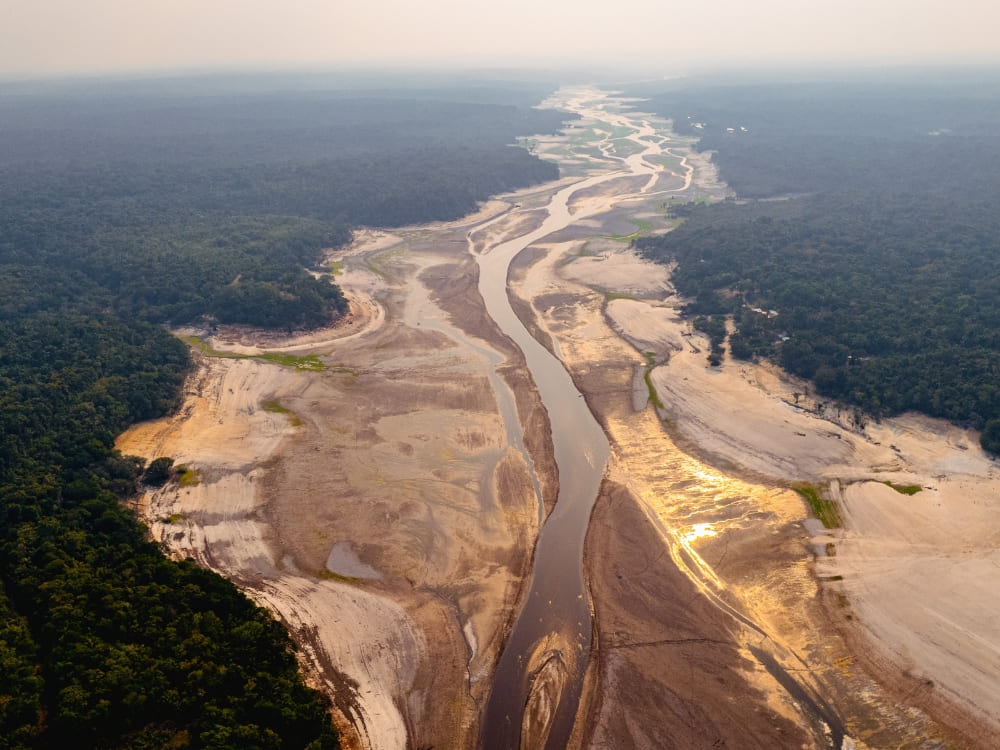
Photo: Jacqueline Lisboa, WWF-Brasil
Droughts are becoming more frequent and intense, threatening the forest’s regeneration capacity and the livelihoods of its people. This context reinforces the importance of low-impact, community-driven alternatives. Ecotourism is not the only answer, but it is a promising one, and one that can be implemented immediately.
👉 Want to learn more about those who are actively working to protect the Amazon Rainforest? Discover the inspiring stories of the guardians of the forest.
Conscious Travel in the Amazon
Given the grandeur of the Amazon, it’s clear why it is one of PlanetaEXO’s flagship destinations. We connect travelers with immersive experiences that respect the forest, support local communities, and contribute to long-term conservation.
During COP30, visitors will have the chance to go beyond the conference walls and experience real-life examples of nature-based solutions: from ecolodges and tours led by local communities to forest conservation projects.
- .
- .
Tourism at COP30 Brazil : The Future is Sustainable
COP30 Brazil is a chance for the country to position itself as a global reference in sustainable tourism. However, this requires real action. Supporting small-scale entrepreneurs, investing in training, and developing respectful travel experiences are essential steps.
Beyond the Amazon Rainforest, other well-known natural destinations such as Chapada Diamantina and Lençóis Maranhenses also offer significant opportunities for ecotourism. The visibility of the conference could help attract investment and attention to these unique, yet often not fully explored, sustainable travel models.
- Photo: Rasmus Soeby
- Photo: Marcelo Bonifácio
Travel with PlanetaEXO and Be Part of the Climate Solution
Now, we understand how ecotourism can be part of the climate solution. In the face of the challenges humanity is up against, every action counts.
👉 Explore our sustainable destinations across Brazil and find experiences that generate a positive impact on nature and local communities.

